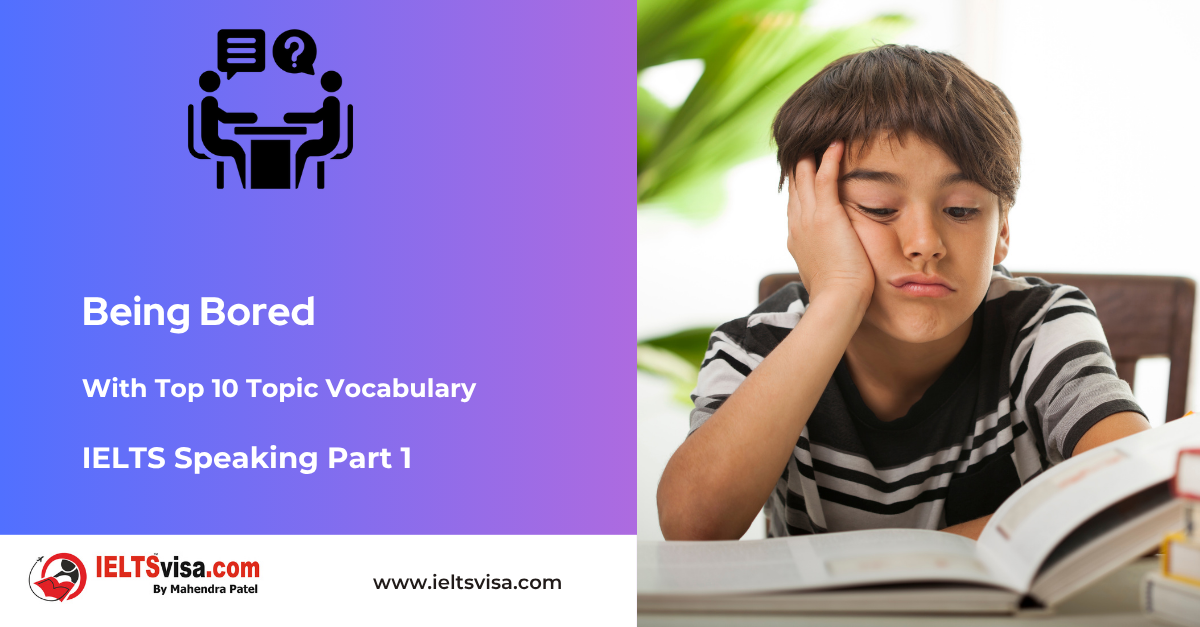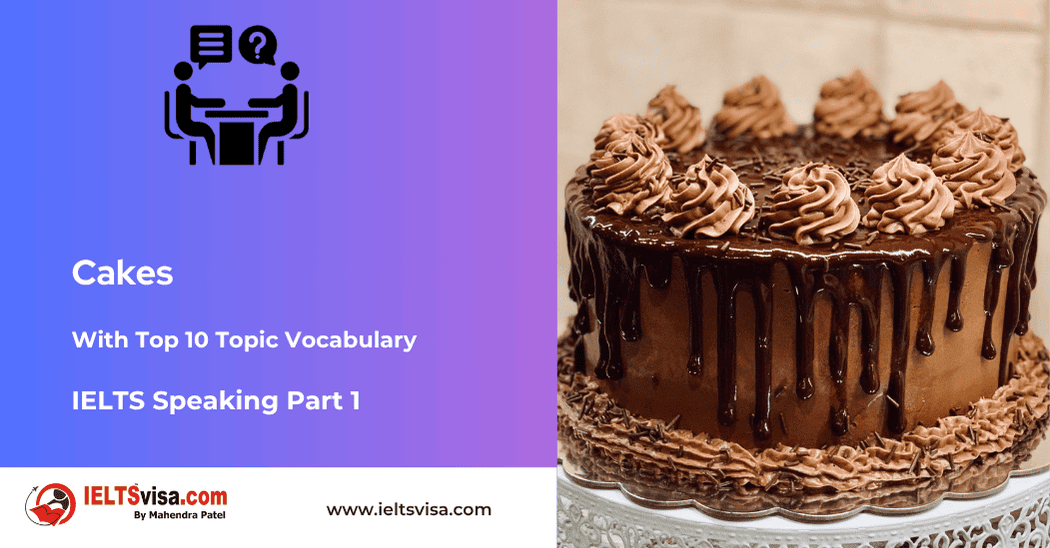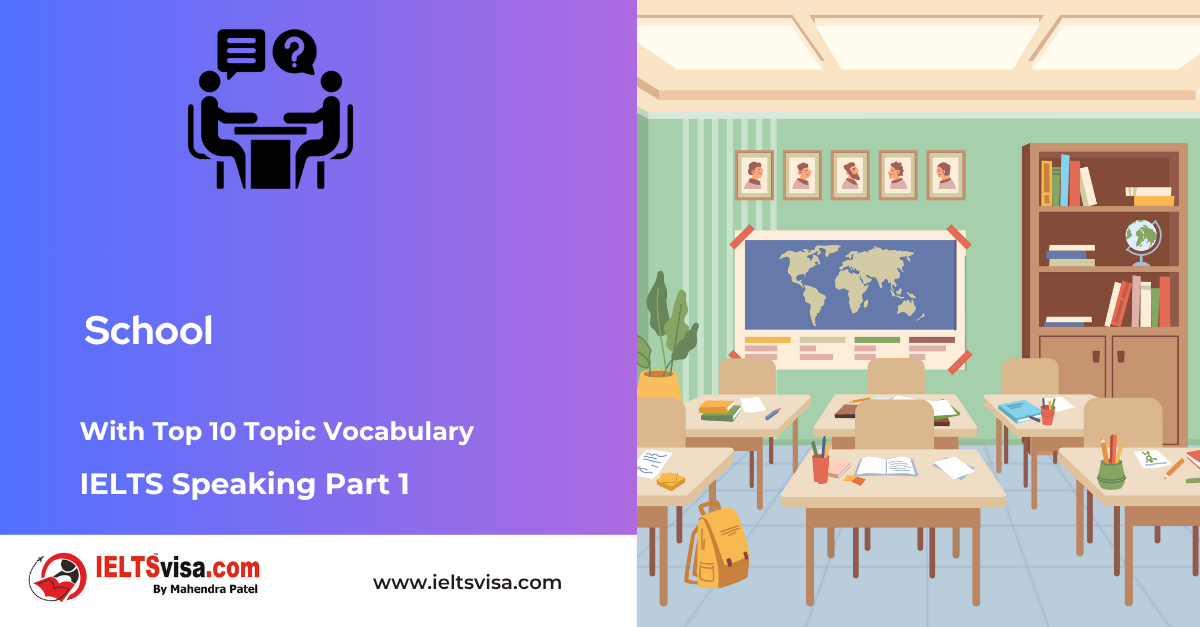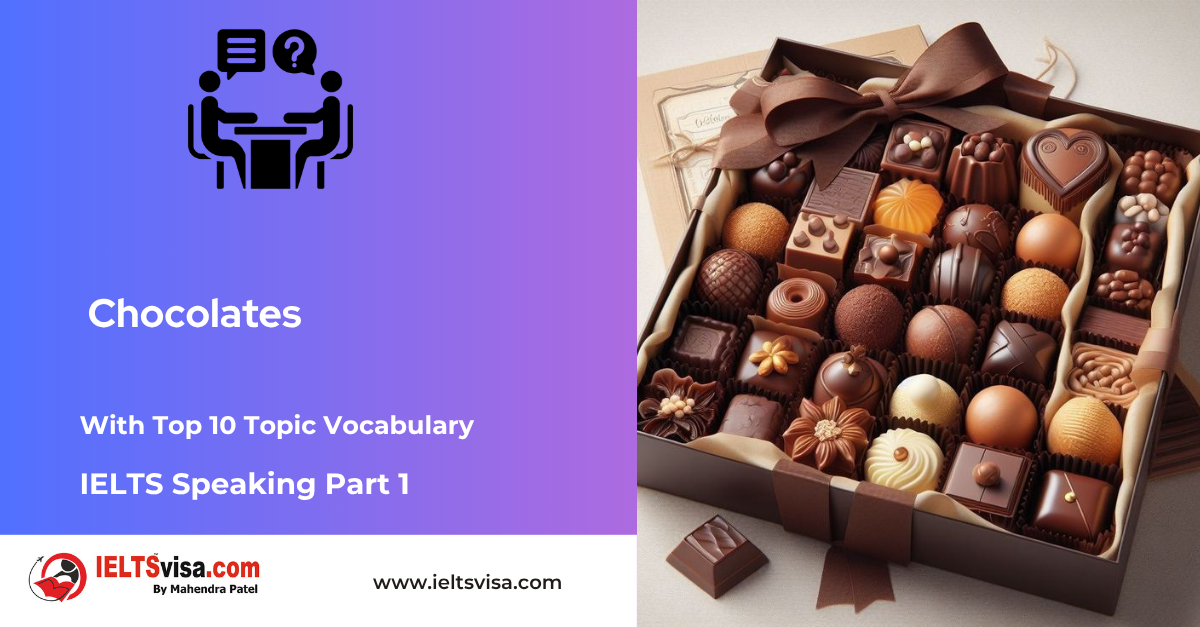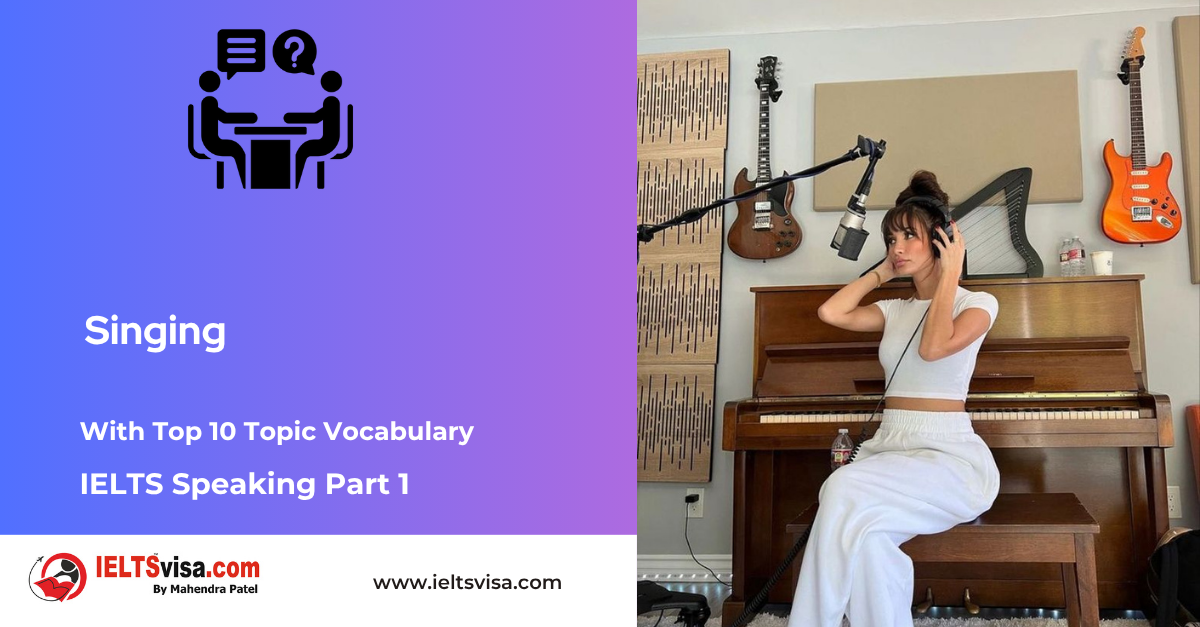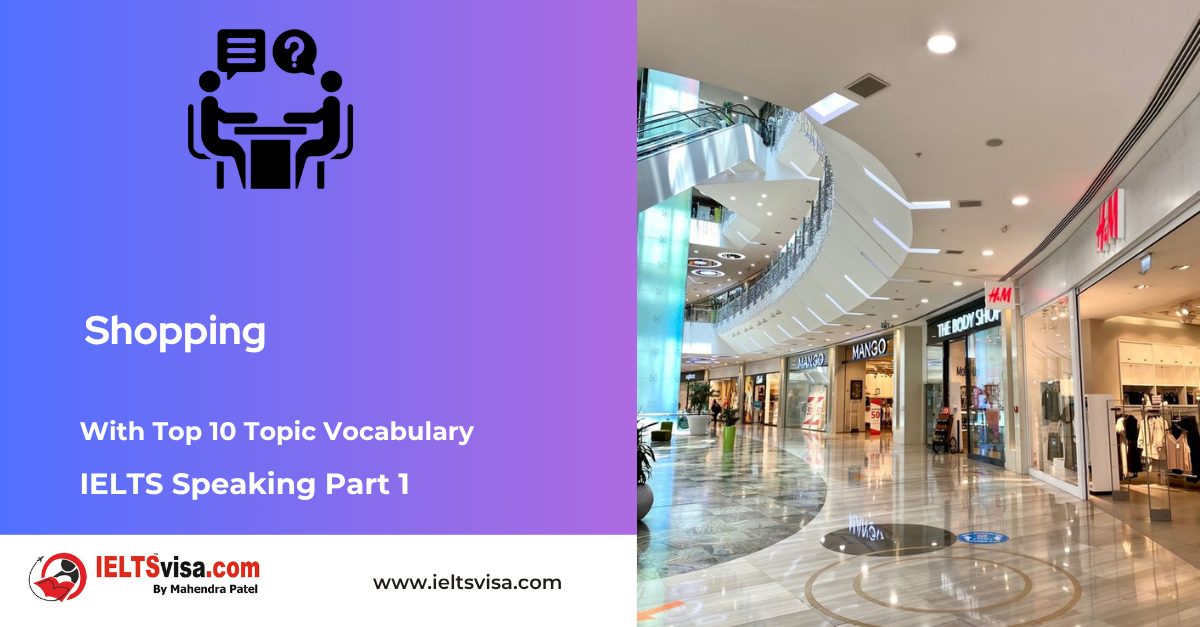IELTS Speaking Part 1 – Newspapers
IELTS Speaking Practice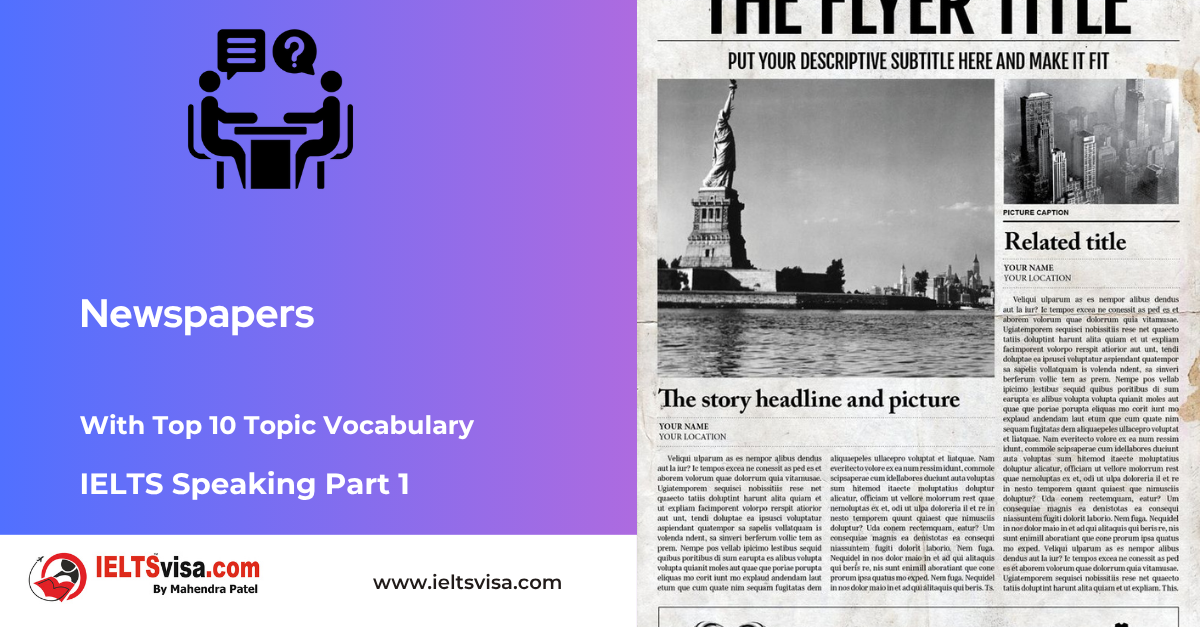
IELTS Speaking Part 1 – Newspapers
Examiner: Do you often read newspapers?
Candidate: I read newspapers regularly to stay informed about current events and developments in various fields.
Examiner: Do you prefer reading newspapers or reading news online?
Candidate: I prefer reading news online because it’s more convenient, up-to-date, and easily accessible from anywhere.
Examiner: What types of news do you usually read about?
Candidate: I usually read about various topics, including international news, technology, health, and sports.
Examiner: Are newspapers popular in your country?
Candidate: Yes, newspapers are still quite popular in my country, especially among older generations who prefer traditional print media.
Examiner: Do you think newspapers will be replaced by online news?
Candidate: I think online news is becoming more dominant, but newspapers will still exist for those who prefer print media and in-depth journalism.
Examiner: Did you read newspapers when you were a child?
Candidate: I occasionally read newspapers as a child, primarily for school assignments or to learn about exciting topics.
Examiner: How has the way you consume news changed over the years?
Candidate: Over the years, I have shifted from reading physical newspapers to consuming news primarily online through websites and social media.
Examiner: Do you think it’s important to read the news?
Candidate: Staying informed about what’s happening worldwide and making well-informed decisions is essential.
Examiner: What are the advantages of reading newspapers?
Candidate: Newspapers provide detailed and well-researched articles, offer diverse perspectives, and are a reliable source of information compared to some online sources.
Examiner: Do you have a favourite newspaper?
Candidate: Yes, I have a favourite newspaper that I trust for its unbiased reporting and comprehensive national and international news coverage.
Examiner: How do newspapers contribute to society?
Candidate: Newspapers contribute to society by informing the public, holding authorities accountable, and providing a platform for public discourse and diverse opinions.
Examiner: Do you dislike any newspapers?
Candidate: I tend to avoid sensational or biased newspapers, as they can mislead readers and spread misinformation.
Examiner: Do you think young people today are interested in reading newspapers?
Candidate: Many young people today prefer digital news sources. However, there are still some who appreciate the depth and credibility of traditional newspapers.
Examiner: How do newspapers help in education?
Candidate: Newspapers help in education by providing up-to-date information, encouraging critical thinking, and improving reading and comprehension skills.
Examiner: What impact does the decline of newspapers have on journalism?
Candidate: The decline of newspapers can impact journalism by reducing funding for in-depth reporting and investigative journalism, potentially affecting the quality and breadth of news coverage.
Examiner: Do you prefer local or international news?
Candidate: I enjoy both local and international news, as they comprehensively understand events around me and globally.
Examiner: How often do you buy newspapers?
Candidate: I rarely buy physical newspapers now, as I mostly access news online through subscriptions or free news websites.
Examiner: What do you think about the future of newspapers?
Candidate: The future of newspapers will likely involve a combination of digital and print formats, with an increased emphasis on digital subscriptions and online content.
Examiner: How do you feel about newspaper news coverage compared to online?
Candidate: Newspapers often provide more detailed and thorough coverage, while online news is faster and more convenient, though sometimes less reliable due to the speed of publication.
Examiner: What kind of news stories interest you the most?
Candidate: I am most interested in news stories related to technology advancements, global politics, health developments, and social issues.
Top 10 Topic Vocabulary for “Newspapers”
|
Vocabulary |
Type |
Meaning |
Synonyms |
Antonyms |
Word Family |
Example Sentences |
|
Current events |
Noun |
Recent events that are of public interest |
news, happenings, occurrences |
current |
I read newspapers to stay up-to-date on current events. I read newspapers to stay informed about what is happening in the world. |
|
|
Convenient |
Adjective |
Suitable to one’s needs or purposes; easy to use |
handy, practical, useful |
convenience |
Online news is more convenient than newspapers. Online news is easier and more convenient to access than newspapers. |
|
|
Diverse |
Adjective |
Showing a variety of different things |
varied, various, assorted |
diversity |
Newspapers offer diverse perspectives. Newspapers present different viewpoints and opinions on the news. |
|
|
Credibility |
Noun |
The quality of being trusted and believed in |
reliability, trustworthiness, believability |
credible |
Newspapers are a credible source of news. Newspapers are a reliable and trustworthy source of news. |
|
|
In-depth |
Adjective |
Thorough and detailed |
comprehensive, exhaustive, thorough |
depth |
Newspapers provide in-depth coverage of news. Newspapers provide detailed and comprehensive coverage of news stories. |
|
|
Perspective |
Noun |
A particular viewpoint or way of thinking |
viewpoint, standpoint, outlook |
perspective |
Newspapers offer different perspectives on the news. Newspapers present different viewpoints and opinions on the news. |
|
|
Discourse |
Noun |
Written or spoken communication |
conversation, discussion, talk |
discourse |
Newspapers provide a platform for public discourse. Newspapers provide a place for people to discuss and debate different issues. |
|
|
Sensational |
Adjective |
Exciting or shocking |
dramatic, sensational, stunning |
sensation |
I avoid sensational newspapers. I avoid newspapers that focus on sensational and shocking news. |
|
|
Misinformation |
Noun |
False information that is spread in order to deceive people |
disinformation, false information, fake news |
misinform |
Sensational newspapers can spread misinformation. Sensational newspapers may spread false or misleading information. |
|
|
Digital |
Adjective |
Relating to computers or other electronic devices |
electronic, computer-based, online |
digitally |
I mostly consume news digitally. I mostly get my news online using my computer or phone. |

Our Books
Master IELTS Speaking Part 1
IELTS Writing Task 1 Book
IELTS Writing Task 2 Book
Practice IELTS Other Modules
IELTS Listening
The IELTS Listening test assesses how well you can understand spoken English in various contexts. It lasts about 30 minutes and is divided into four sections with a total of 40 questions. The listening tasks become increasingly difficult as the test progresses.
IELTS Academic Reading
The IELTS Academic Reading section assesses your ability to understand and interpret a variety of texts in academic settings. It is designed to evaluate a range of reading skills, including skimming for gist, reading for main ideas, reading for detail, understanding inferences, and recognizing a writer's opinions and arguments.
IELTS Speaking
The IELTS Speaking test assesses your ability to communicate in English on everyday topics. It lasts 11-14 minutes and consists of three parts: introduction, cue card, and a discussion based on the cue card topic.
IELTS General Reading
IELTS General Reading tests your ability to understand and interpret various types of texts. Here are some key areas and types of content you can expect to encounter in the reading section, along with tips for effective preparation.
IELTS Academic Writing Task 1
In IELTS Academic Writing Task 1, you are presented with a visual representation of information, such as graphs, charts, tables, or diagrams, and you are required to summarize, compare, or explain the data in your own words.
IELTS General Writing Task 1
In IELTS General Writing Task 1, you are required to write a letter based on a given situation. The letter can be formal, semi-formal, or informal, depending on the prompt. Here’s a breakdown of the key components to include in your letter
IELTS Academic Writing Task 2
In IELTS Academic Writing Task 2, you are required to write an essay in response to a question or topic. Here’s a guide to help you understand the essential elements of this task
IELTS Exam Tips
To succeed in the IELTS exam, practice regularly, familiarize yourself with the test format, improve your vocabulary, develop time management skills, and take mock tests to build confidence.
Grammer for IELTS
Grammar is the foundation of effective communication in English. Understanding tense usage, subject-verb agreement, and sentence structure enhances clarity and coherence in writing and speaking.
Vocabulary for IELTS
Vocabulary plays a crucial role in the IELTS (International English Language Testing System) exam, especially in the Speaking and Writing sections. Here’s an overview of why vocabulary is important and how it impacts your performance
RECENT IELTS SAMPLES QUESTIONS AND ANSWERS
IELTS Speaking Part 1 – Being Bored
IELTS Speaking Part 1 - Being Bored Q1: Do you often get bored? A: Sometimes, especially when I don’t have...
IELTS Speaking Part 1 – Cakes
IELTS Speaking Part 1 - Cakes Q1: Do you like eating cakes?A: Yes, I love cakes, especially chocolate and red...
IELTS Speaking Part 1 – School
IELTS Speaking Part 1 - School Q. Did you like going to school?A. I enjoyed going to school. It was a place...
IELTS Speaking Part 1 – Cakes
IELTS Speaking Part 1 - Cakes Examiner: Do you like eating cakes?Candidate: Yes, I love cakes, especially...
IELTS Speaking Part 1 – Singing
IELTS Speaking Part 1 - Singing Examiner: Do you enjoy singing?Candidate: Absolutely! Singing is a great way to...
IELTS Speaking Part 1 – Shopping
IELTS Speaking Part 1 - Shopping Examiner: Do you enjoy shopping?Candidate: I enjoy shopping. It’s a fun...

